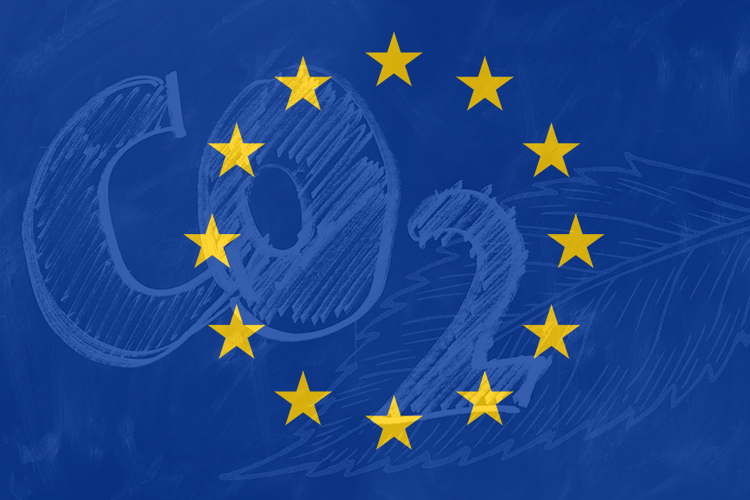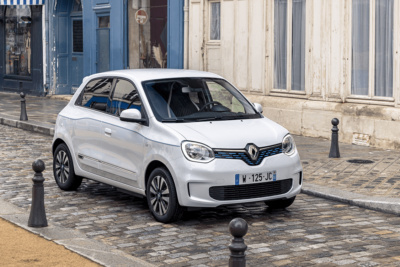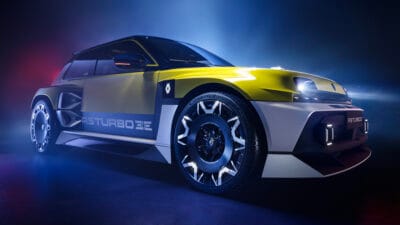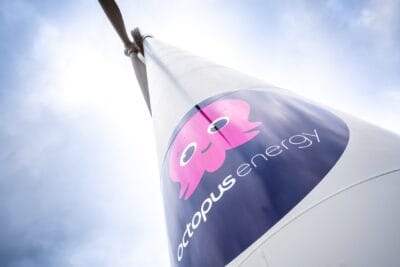Germany and EU compromise on e-fuels discussion
The EU Commission and the German government have agreed on a compromise on how new cars with combustion engines can be registered after 2035 as long as they run on climate-neutral fuel. The original regulation on the phasing out of internal combustion engines is not to be touched again, and the exceptions will now be worked out by autumn 2024.
According to the Federal Ministry of Transport, the agreement was reached late on Friday evening. “In very detailed and constructive negotiations, we have succeeded in securing the element of technological neutrality within the framework of the regulation on fleet limits,” Volker Wissing (FDP) is quoted as saying in his ministry’s statement. “This clears the way for vehicles with internal combustion engines that only use CO2-neutral fuels to be newly registered even after 2035. With this, an important point from the coalition agreement has also been implemented.”
The minister went on to say that above all “concrete procedural steps and a concrete timetable have been fixed in a binding manner”. For example, a vehicle category e-fuels-only is to be created first and then integrated into the fleet limit regulation. “We want the process to be completed by autumn 2024,” said Wissing.
The Ministry of Transport does not give details in the communication, but according to the German media publication ARD, it has received the EU Commission’s statement. According to this, the introduction of the new vehicle category is to be initiated “immediately” after the adoption of the long-negotiated but currently blocked law by the Commission. This should establish a “resilient and circumvention-proof” approval procedure for vehicles that are fuelled exclusively with synthetic fuels, reports the German publication Tagesschau.
Not 100 per cent legally certain
However, it is not yet known what exactly this should look like. The EU Commission had already presented a draft in the past few days that proposed just such a thing: However, these vehicles should have sensors that prevent them from driving with conventional fuels. “If they are refuelled with conventional fuels, such vehicles should be able to detect this and prevent the car from starting,” Reuters quoted from the draft. However, according to information from Der Spiegel, Wissing rejected this.
But there is a second component in the compromise: according to the Tagesschau, the EU Commission is to make a proposal “without delay” in autumn 2023 “on how pure e-fuels vehicles would contribute to the CO2 reduction targets”. This offers two potential stumbling blocks for the further process: On the one hand, these criteria could be very strict to ensure that only green electricity is used for the production of synthetic fuels – and that in the end hydrogen and CO2 of fossil origin are not used for the e-fuels, which would have a massive impact on their climate impact.
On the other hand, it is about the way of EU legislation: As reported on Friday, the proposal is to be made via a so-called delegated act. Since such a text amends or supplements a regulation, the actual text on the combustion car ban would not have to be touched, according to the “Tagesschau”. However, a delegated act can be blocked by both the EU Parliament and the Council of Member States. This would mean that implementation would no longer be guaranteed.
According to the Tagesschau report, this is exactly what it could come down to: “There are already concerns in the European Parliament as to whether the Commission is even allowed to issue a delegated act for this purpose, whether it is exceeding its competencies here. It is therefore possible that the whole thing will be reviewed before the European Court of Justice.”
However, the Commission has probably already prepared for this, because the declaration apparently already states that in the event of the failure of the delegated act, “another legal course” will be taken – according to the report, a revision of the CO2 fleet limit values is mentioned as an option. In other words, precisely the procedure that is on hold after a two-year negotiation process due to the German threat of abstention.
With reporting by Sebastian Schaal, Germany.
bmdv.bund.de, tagesschau.de (both in German)





0 Comments